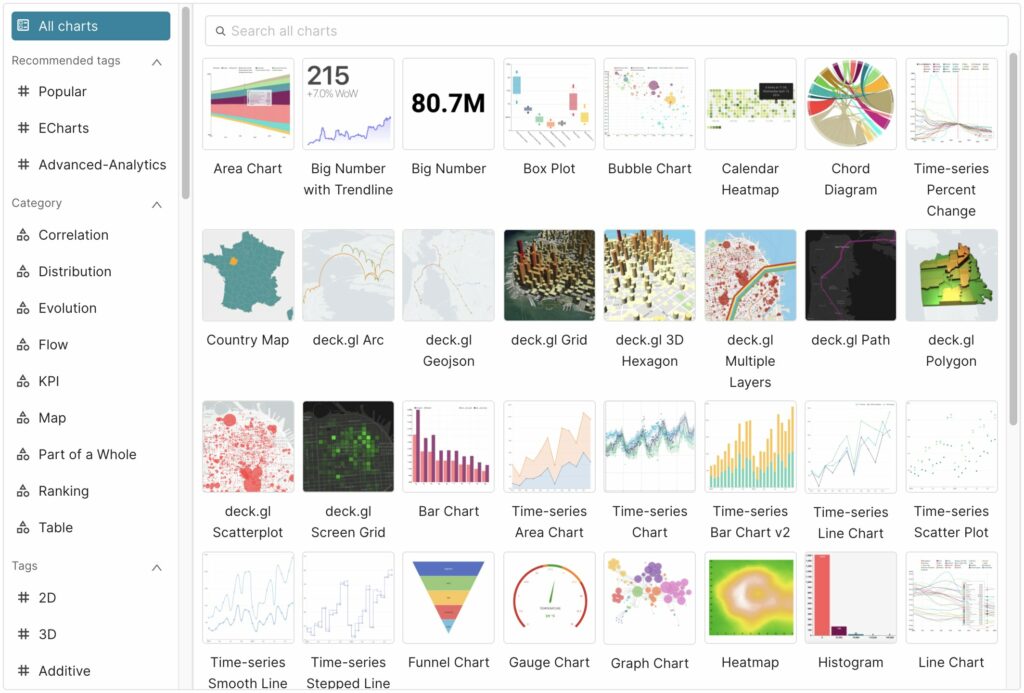In the ever-evolving world of web applications and data visualization tools, Apache Superset has emerged as a powerful platform for data exploration and dashboard creation. However, no software is entirely immune to vulnerabilities, and in this article, we will delve into two critical vulnerabilities in Apache Superset that could expose servers to remote code execution (RCE) attacks.
1. CVE-2021-32719: Remote Code Execution via SQL Lab
Vulnerability Summary: CVE-2021-32719, also known as “Remote Code Execution via SQL Lab,” is a serious security flaw discovered in Apache Superset. This vulnerability allows an attacker to execute arbitrary code on the server where Superset is deployed.
Description: The vulnerability is rooted in the SQL Lab feature, a crucial component of Apache Superset used for running SQL queries and creating interactive data visualizations. Attackers can exploit this vulnerability by injecting malicious code into SQL queries, leading to RCE.
Impact: If successfully exploited, this vulnerability could result in complete compromise of the server, data theft, or unauthorized access to sensitive information.
Mitigation:
- Update Superset: Apache Superset developers have released patches to address this vulnerability. Ensure that your Superset installation is updated to the latest secure version.
- Input Validation: Implement strict input validation for SQL queries to prevent malicious code injection.
- Access Control: Restrict access to the SQL Lab and other sensitive functionalities to authorized users only.

2. CVE-2021-32754: Remote Code Execution via Pickle Object Deserialization
Vulnerability Summary: CVE-2021-32754 exposes Apache Superset to remote code execution via Pickle object deserialization. This vulnerability is particularly concerning as it enables attackers to execute arbitrary Python code on the server.
Description: The vulnerability arises from the improper handling of Pickle serialized objects in certain parts of the Superset codebase. Attackers can craft malicious Pickle objects and inject them into Superset, leading to code execution.
Impact: Exploiting this vulnerability can result in unauthorized access, data breaches, and potentially full control over the server hosting Superset.
Mitigation:
- Update and Patch: Ensure that you are using a Superset version that includes the necessary patches to fix this vulnerability.
- Pickle Object Handling: Avoid deserializing untrusted Pickle objects in your Superset environment.
- Security Awareness: Train your team to recognize and report any suspicious activity or attempts to manipulate the application’s functionality.
Conclusion
While Apache Superset is a powerful tool for data visualization and exploration, these vulnerabilities underscore the importance of proactive security measures. Keeping your Superset installation up-to-date and implementing strong security practices, such as input validation and access control, is crucial to mitigating the risk of remote code execution attacks. Always stay informed about the latest security advisories and take immediate action to address any known vulnerabilities to protect your data and infrastructure. Remember that cybersecurity is an ongoing process, and vigilance is key to maintaining a secure environment.










